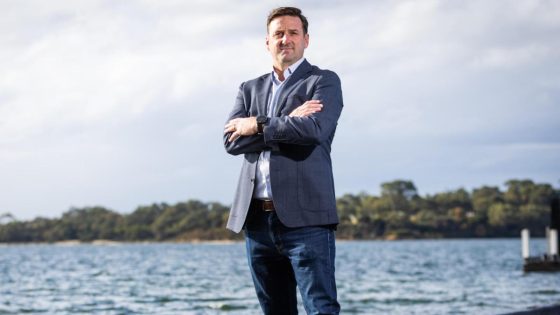It would have seemed to me, an instinctive conservative, that one of the greatest things we can – and should – conserve is our nation’s wonderful cultural heritage. Sadly the Conservative Party has, in this respect, largely failed to live up to its name.
It is under the Conservatives’ leadership that the long march through the institutions has accelerated. Divisive EDI (Equity, Diversity and Inclusion) strategies, so-called anti-racism task forces and decolonisation projects have been prioritised, usually to capitalise on the associated funding opportunities provided by the Arts Council and Arts and Humanities Research Council.
There has been a policy of managed decline, with many institutions claiming to have insufficient resources to carry out their core purposes even as they waste charitable and public funds on initiatives of tangential, and at times non-existent, relevance. Bias has proliferated as long-standing subject experts have been replaced in curatorial and researcher roles with fresh graduates, some of whom are lacking in necessary experience and qualifications. Only occasionally has the Conservative party shown an interest in this trend.
When Oliver Dowden was the Culture Secretary – luckily at the time of the Black Lives Matter protests, when a strong figure was most needed in the post – he took a very active interest in these matters and did not shy away from taking decisive action where necessary. He was unfortunately an exception.
And, just when we thought there was a glimmer of hope that the Conservative leadership might reclaim their role in ensuring the nation’s heritage is properly conserved – with large numbers of Trustee vacancies advertised, including seven at the Victoria and Albert Museum and a handful at the British Museum – the government decided to call a snap election.
All these appointments, as well as the V&A Chairman vacancy which the government inexplicably re-opened when there were several good candidates, will now be selected by a Left-wing government which will make no pretence to care about heritage preservation as traditionally understood.
This lack of action on the part of the Conservative government hardly engenders confidence that the party deems our national heritage to be something of particular importance. Indeed, the current manifesto does little to reassure its dwindling loyal member base that this lack of interest will be addressed any time soon.
The 80-page document published on Tuesday includes only one half-spread on “protecting our heritage and institutions”, in which there is a single paragraph vaguely defending “retain and explain”, supporting “museums and libraries” (who writes these things? The fact that anyone would casually lump the two together is telling) and attempting to “leverage philanthropy”.
The rest of the section is strangely dedicated to the Royal Mail, Post Office, building societies and preservation of first-past-the-post. There is no mention of, let alone strong pledges about, topical issues from repatriation to the aforementioned mission creep.
There is no denying that Labour will be infinitely worse than the indifferent Conservatives. To give just one example, we can confidently expect a Starmer-led government to cave in to pressure from museum officials to remove the requirement in the Heritage Act for heritage institutions to make sure artefacts are preserved for the nation, rather than sneakily repatriated. An exodus of fascinating and irreplaceable exotic objects will no doubt soon follow.
The Liberal Democrats do not see museums or heritage preservation organisations as a worthy subject for their manifesto, other than to mention that “free access to national museums and galleries” should be maintained, which is hardly ground-breaking.
Why is it that our established political parties are failing so badly to read the room? A recent poll showed that over 80 per cent of Britons see “looking after historic buildings, monuments and archaeology to safeguard the places people love” as personally important to them. The Conservatives still have time to show the public which side they are on. But after all they have done, or rather not done, the public may not be convinced by yet more empty rhetoric.
Zewditu Gebreyohanes is a Senior Researcher at the Legatum Institute and a Trustee of the Victoria and Albert Museum
Source Agencies



